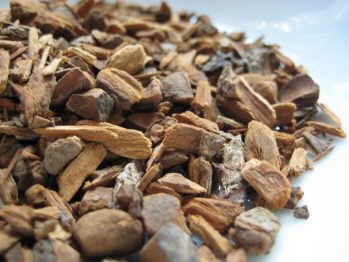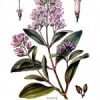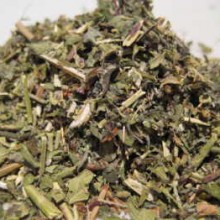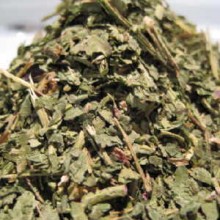Yellow Peruvian bark produces several alkaloids. The most important of which is quinine and has certain febrifuge properties and has been used in the treatment of Malaria for centuries.
History of Peruvian Bark:-
The name of the genus is due to Carolus (Carl) Linnaeus, who named the tree in 1742 after a Countess of Chinchon, the wife of a viceroy of Peru, who, in 1638, was introduced by natives to the medicinal properties of Peruvian bark and is why it is sometimes known as Cinchona bark. Stories of the medicinal properties of Peruvian bark, however, are perhaps noted in journals as far back as the 1560s-1570s.
The medicinally active bark, which is stripped from the tree, dried and sometimes powdered, includes other alkaloids that are closely related to quinine but react differently in treating malaria.
Some alkaloids of the Peruvian bark are not soluble in water but soluble in wine, therefore, wine has been used to make an infusion of the bark for ingestion.
Peruvian bark trees are cultivated in their native South America, and also in other tropical regions, notably in India and Java.
It is also known as the Jesuit’s Tree.
In the 19th century, the plant’s seeds and cuttings were smuggled out for new cultivation at Peruvian Bark plantations in colonised regions of tropical Asia, notably by the British in India and Sri Lanka (then known as Ceylon) and by the Dutch to Java – part of modern day Indonesia.






